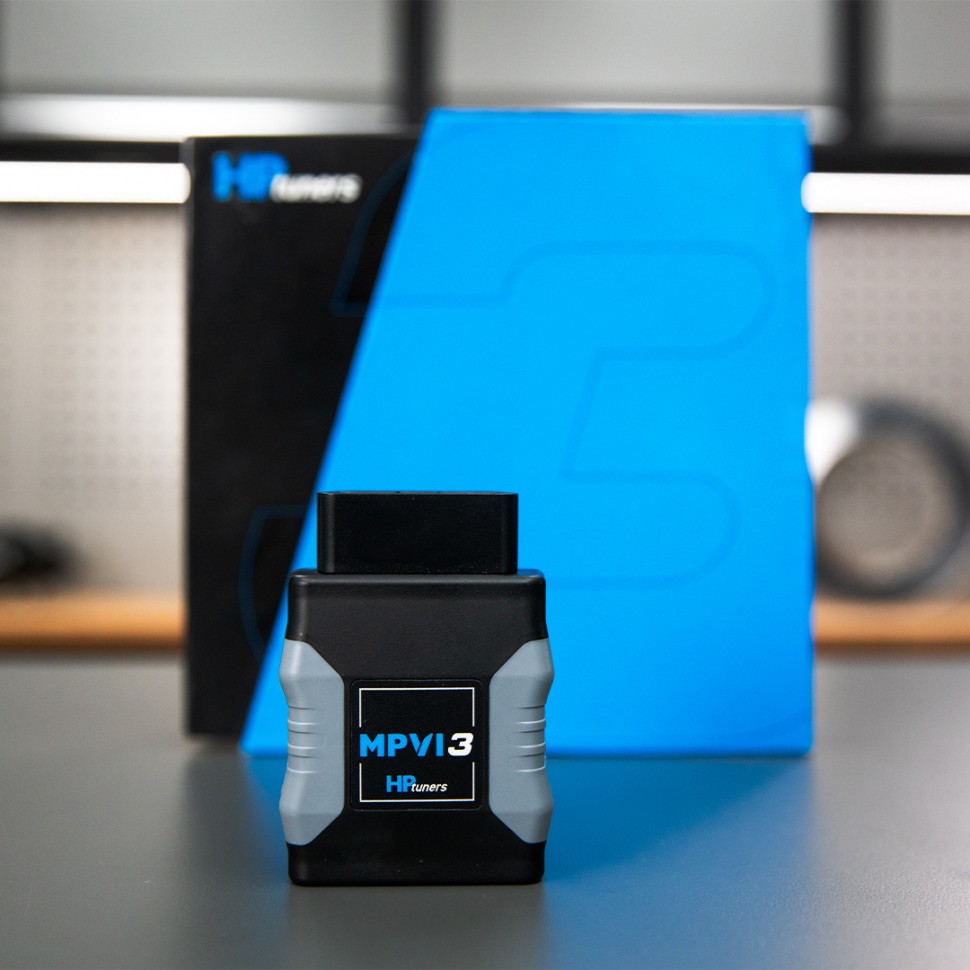| 00:00 |
- This brings us to the end of the diesel tuning fundamentals course.
|
| 00:03 |
I hope that you've enjoyed this course, and that it's helped extend your knowledge and perhaps filled in some blanks in your tuning knowledge.
|
| 00:11 |
There's been a lot of information for you to take in so I do urge you to go back and revisit any modules that you feel you need to understand better.
|
| 00:20 |
Remember that these modules are now yours forever, so you can review them at any time.
|
| 00:26 |
I'm going to take a moment now to recap some of the aspects of this course that I feel are the most important for you to understand and to remember.
|
| 00:35 |
The most critical factor to understand, particularly for those transitioning into diesel tuning from he gasoline engine world, is that we don't need to throttle the air supply to a diesel engine and instaed we control engine torque by way of the amount of fuel being supplied.
|
| 00:52 |
For the same reason we also find that a diesel engine will operate over a very wide range of air fuel ratio, but we're always going to be operating leaner than stoichiometric.
|
| 01:03 |
When it comes to the operation of the common rail diesel engine, we need to understand the process that goes on during combustion.
|
| 01:11 |
Remember that we're relying on the heat being produced during the compression stroke to initiate combustion when the fuel is injected close to top dead centre.
|
| 01:21 |
The combustion process can also be broken down into four stages in a diesel engine.
|
| 01:27 |
We start with the ignition delay, which is the time period when the fuel is first injection, vaporised and then mixes with the air in the combustion chamber.
|
| 01:37 |
Following the ignition delay we move into the premixed combustion phase, where the fuel initially injected ignites and combusts.
|
| 01:44 |
This results in a very rapid release of heat in the cylinder which coincides with a sharp pressure increase, which is responsible for the diesel knock phenomenon.
|
| 01:54 |
After the initial premixed fuel is consumed, we move into the mixing controlled combustion phase where the combustion rate is controlled by the rate at which the mixture is made available.
|
| 02:05 |
The last phase of combustion is the late combustion phase which continues into the expansion stroke and is characterised by a lower rate of heat release.
|
| 02:16 |
The aim with tuning a diesel engine for performance is to achieve a 50% heat release at a point slightly after TDC.
|
| 02:23 |
If we can achieve this then the engine will produce peak torque for the given fuel volume.
|
| 02:29 |
Of course you also need to consider the complex relationship that exists between fuel pressure, injection timing, and injector pulse width.
|
| 02:37 |
The fuel delivery in a modern common rail diesel engine is very complex, operating at pressures in excess of 200 megapascals, and this pressure coupled with the very accurate control of the injectors, allows multiple injection events to be used for each engine cycle.
|
| 02:54 |
In particular, pilot injection events can be used to reduce the ignition delay period and help reduce the effect of diesel knock.
|
| 03:02 |
If you've enjoyed this course and want to extend your tuning knowledge, the next step is to start gaining some practical experience, and this is where our practical diesel tuning course comes in.
|
| 03:13 |
This course details the tuning process, and provides you with a step by step process that you can apply to tuning any diesel engine.
|
| 03:22 |
In particular, we'll demonstrate the tuning process being applied on a range of different vehicles via reflashing of the factory ECU, as well as with standalone aftermarket ECUs.
|
| 03:33 |
If you do have any questions on this course, please feel free to ask them on the form that you'll find below each module.
|
| 03:40 |
This will add your question into our forum and I'll be happy to answer them there.
|





